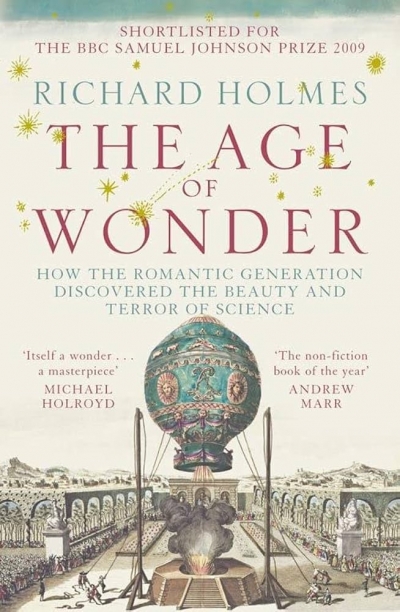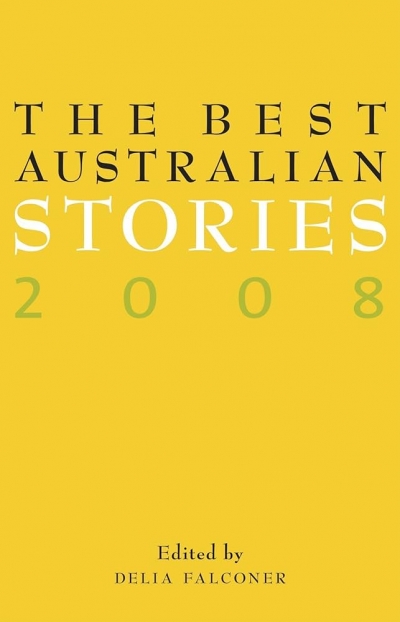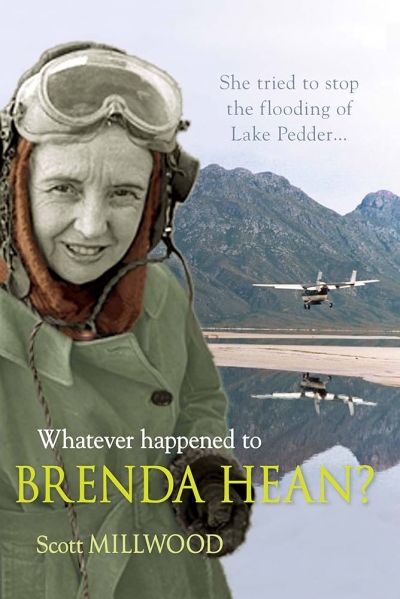Archive
Film | Theatre | Art | Opera | Music | Television | Festivals
Welcome to ABR Arts, home to some of Australia's best arts journalism. We review film, theatre, opera, music, television, art exhibitions – and more. To read ABR Arts articles in full, subscribe to ABR or take out an ABR Arts subscription. Both packages give full access to our arts reviews the moment they are published online and to our extensive arts archive.
Meanwhile, the ABR Arts e-newsletter, published every second Tuesday, will keep you up-to-date as to our recent arts reviews.
Recent reviews
Making Women Count: A history of the women’s electoral lobby in Australia by Marian Sawer
by Kate Goldsworthy •
Comic Commentators: Contemporary political cartooning in Australia edited by Robert Phiddian and Haydon Manning
by Iain Topliss •
The Age Of Wonder: How the romantic generation discovered the beauty and terror of science by Richard Holmes
by John Hay •
Telling a Hawk from a Handsaw by Chris Wallace-Crabbe
by Gregory Kratzmann •
The Best Australian Stories 2008 edited by Delia Falconer
by Jeffrey Poacher •
Whatever Happened To Brenda Hean? by Scott Millwood
by Jay Daniel Thompson •
Arts Of Publication: Scholarly publishing in Australia and beyond edited by Lucy Neave, James Connor and Amanda Crawford
by Jay Daniel Thompson •










